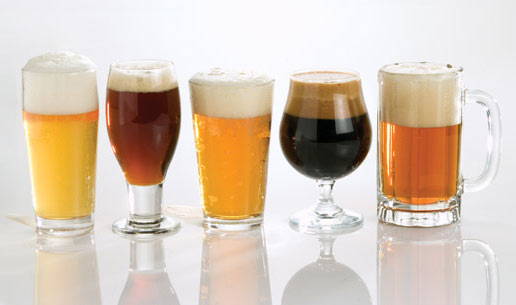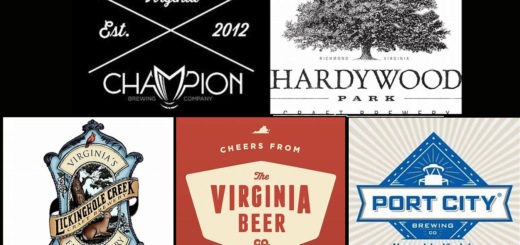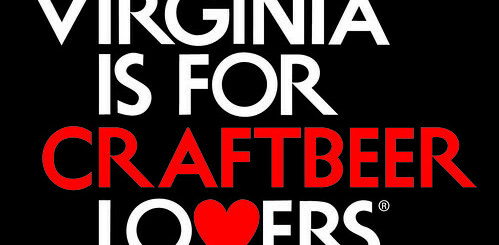Beer Without Hops?
Charles Denby went to UC Berkeley to work with Jay Keasling, a pioneer in the field of synthetic biology and a professor of chemical and biomolecular engineering, to work on developing sustainable transportation fuels . Dr Keasling developed a process to make microbes, primarily bacteria and yeast, increase their production of complex molecules called terpenes. These terpenes could then be used as commercial products such as the antimalarial drug artemisinin, fuels such as butanol, as well as aromas and flavors used in the cosmetic industry.
But one day Dr Denby, who also happens to be a home brewer, had a thought. The molecules that give hops their hoppy flavor are in fact terpene molecules. If they could create bacteria and yeasts to produce terpenes for flavors and aromas in cosmetics, why not create a yeast that would produce the flavor and aroma of hops in beer?
Dr. Denby and his colleagues spliced DNA from basil and mint, two plants that naturally produce the hop-flavored terpenes, into brewer’s yeast. The intent was to create a yeast that would produce terpenes which would recreate the flavor and aroma of Cascade hops (one of the most popular hops among craft brewers) in a beer without using any actual hops.
The result? In a blind taste test between the yeast-only brews and traditional craft beers made with hops, 40 participants ranked the hop-free beers as actually “hoppier” than the conventionally dry-hopped beers.
But why make a yeast to do what hops can already do?
Hops are one of beer’s four essential ingredients (hops, water, yeast and barley), and there are a lot of varieties, each with its own unique flavor and characteristics.
However hops are expensive. They are a resource-intensive crop, requiring large amounts of water, and the characteristics of a particular hop can change from year to year based on rainfall, heat, and the amount of sunlight. Even the same variety can have different characteristics when grown in different places.
By replacing the need for hops with a brewer’s yeast which can produce the same flavors and aromas, brewers can get more consistent results and a uniformity of flavor than they can’t get using actual hops- and without the added cost of the hops.
Of course there is some concern that consumers, who are already wary of genetically modified foods, might be a little weary of a bioengineered beer. However, Dr Denby points out that in most brewing processes, yeast is pasteurized and processed out of the beer, so the beer wouldn’t actually have any genetically modified material in it.
For good or bad, one day soon, your favorite IPA could be hop-free.




My company , Luxury Bath of Richmond , is interested in being a vendor at this years event in August.…
There will be a number of breweries there with some awesome brews! Isley Brewing Company– Choosey Mother Porter, Legend Brewing…
what brews will they have at the event ???
Thank You for this.
This is good. Thanks!